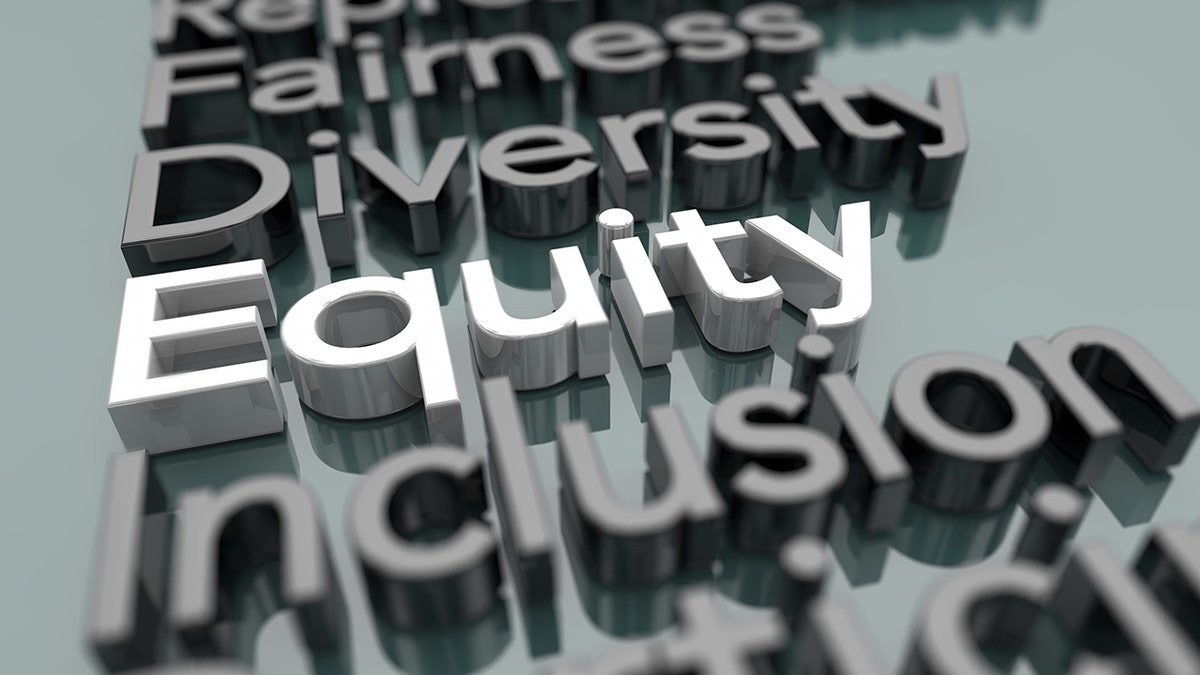Dave Rubin: Until we get back to meritocracy, every institution will collapse
The Rubin Report host Dave Rubin reacts to the resignation of Harvard President Claudine Gay on America Reports.
The American Psychological Association claimed that "[h]iring the most qualified candidate might be unfair" based on one of its recent studies.
The study, titled "Can Selecting the Most Qualified Candidate Be Unfair?," examined people’s perceptions of merit-based hiring after learning more about the socioeconomic status of potential workers. While previewing the results, it argued that hiring the most qualified candidate could contribute to more inequality.
"Fairness heuristic theory suggests that, as long as people consider selection processes such as hiring and promotion to be meritocratic and fair, they may continue to accept ever-increasing levels of income inequality. Yet, in reality, inequality and merit-based decisions are deeply intertwined," the study noted.
It explained, "Socioeconomic advantages and disadvantages early in life can have profound influences on educational achievement, test scores, work experiences, and other qualifications that form the basis of ‘meritocratic’ selection processes. Yet the near-universal support for meritocracy suggests that most people may not give much weight to unequal advantages and disadvantages."
VIRGINIA PARENTS OUTRAGED AT HIGH SCHOOL WITHHOLDING MERIT AWARDS IN NAME OF 'EQUITY': 'SABOTAGE'

The study suggested that "merit-based" decisions could lead to more inequality. (Adobe Stock)
The study was conducted across five different experiments. Each experiment found that respondents across the political spectrum were more likely to support "social class diversity" after being told about the economic advantages or disadvantages of candidates.
"In our work, we show that it does not take much for people to update their fairness perceptions of meritocracy and be more supportive of polices that foster social class diversity in organizations," the study read.
One of the study’s authors, Daniela Goya-Tocchetto, PhD, concluded from the findings that "managers should learn about the effects of socioeconomic inequalities" to properly promote "equal opportunity."
Goya-Tocchetto also noted that the experiments did not include race as a factor out of concern for "defensiveness among White conservatives," but suggested that the study could be used to address racial inequality as well.
"Members of marginalized racial groups tend to experience socioeconomic disadvantages more often than members of privileged racial groups, and the negative consequences of these disadvantages can be even worse for racial minorities," she said. "Focusing on socioeconomic considerations could garner more support and still help address racial inequality."
EXPERTS WARN OF ‘DEVASTATING EFFECT’ AS TRADITIONAL MALE ROLES DEEMED ‘TOXIC’ BY MEDIA, HOLLYWOOD

The study showed that people could consider merit-based hiring unfair after learning about socioeconomic backgrounds. (iStock)
Though both the APA and Goya-Tocchetto’s study questioned whether this proved that hiring the most qualified candidate was "unfair," the findings did not examine any real-world effects of merit-based hiring vs. "fair" opportunities.
Fox News Digital reached out to Goya-Tocchetto for a comment but has yet to receive a response.
CLICK HERE TO GET THE FOX NEWS APP
The APA has come under fire for pushing what some considered to be biased conclusions. In 2019, the organization claimed that "traditional masculinity" could be mentally damaging.
"The main thrust of the subsequent research is that traditional masculinity – marked by stoicism, competitiveness, dominance and aggression – is, on the whole, harmful," it claimed in a press release.









































